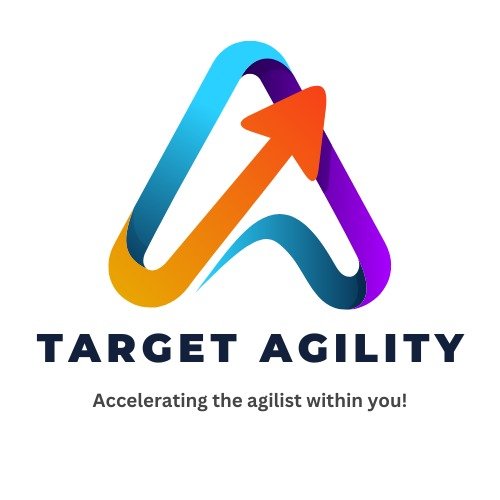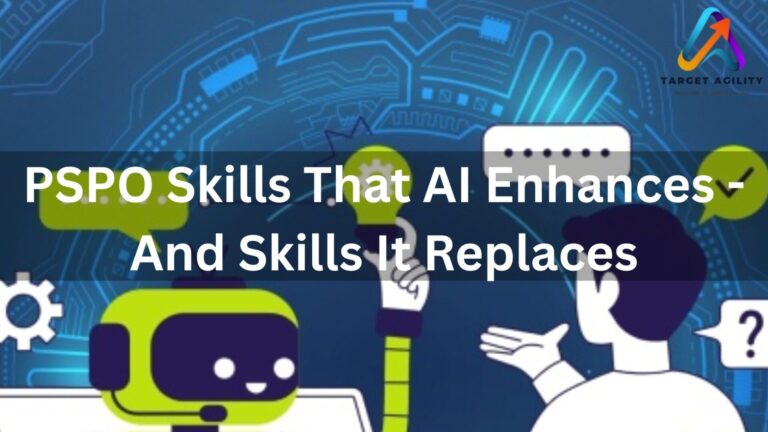Leaders play a crucial role in the constantly evolving work environment, focusing on mentality, skill set, and tool set. These pillars enable adaptability, success, and shape the future development of work, making them essential for success.
1. Mindset
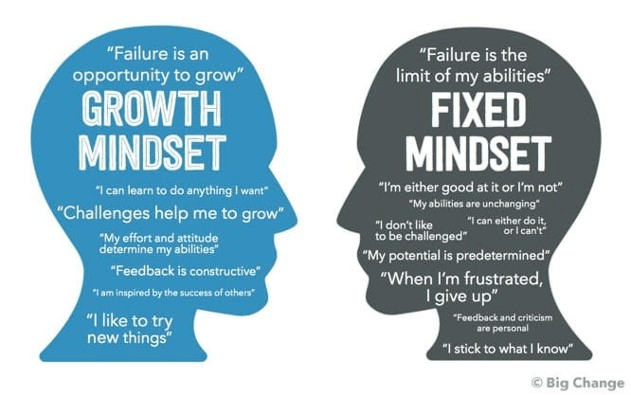
Forming Organizational Culture
Leaders must help employees adopt the best mindset for their tasks, as their attitude shapes their responses and interactions. A growth mindset, which values continuous education, flexibility, and resilience, is crucial for leaders in the modern workplace. Leaders who adopt this mindset are more likely to thrive in the face of change and become trailblazers in the rapidly changing environment.
Embracing Change and Continuous Learning
Growth-minded leaders embrace change, embrace fresh perspectives, and view challenges as opportunities. They embrace venturing outside their comfort zones and seek ongoing education and development to stay competitive and succeed in the modern workplace.
Cultivating Resilience and Perseverance
Growth-minded leaders exhibit resilience and perseverance, recognizing obstacles and mistakes as opportunities for improvement. They view barriers as temporary obstacles, pick themselves up, and transform setbacks into instructive experiences.
Fostering a Culture of Learning and Innovation
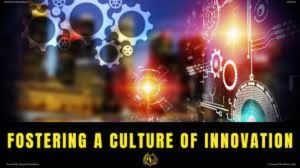
Leaders with a development mindset foster an innovative and learning culture within their firms, encouraging continuous learning and growth. They promote a risk-taking environment, enabling teams to reach their full potential and advance their enterprises.
Embodying Lifelong Learning
Growth-minded leaders prioritize continuous learning, focusing on personal and professional growth. They encourage innovation and adaptability, fostering a culture of growth and development through traditional education, professional development courses, and self-directed study.
2. Skill Set
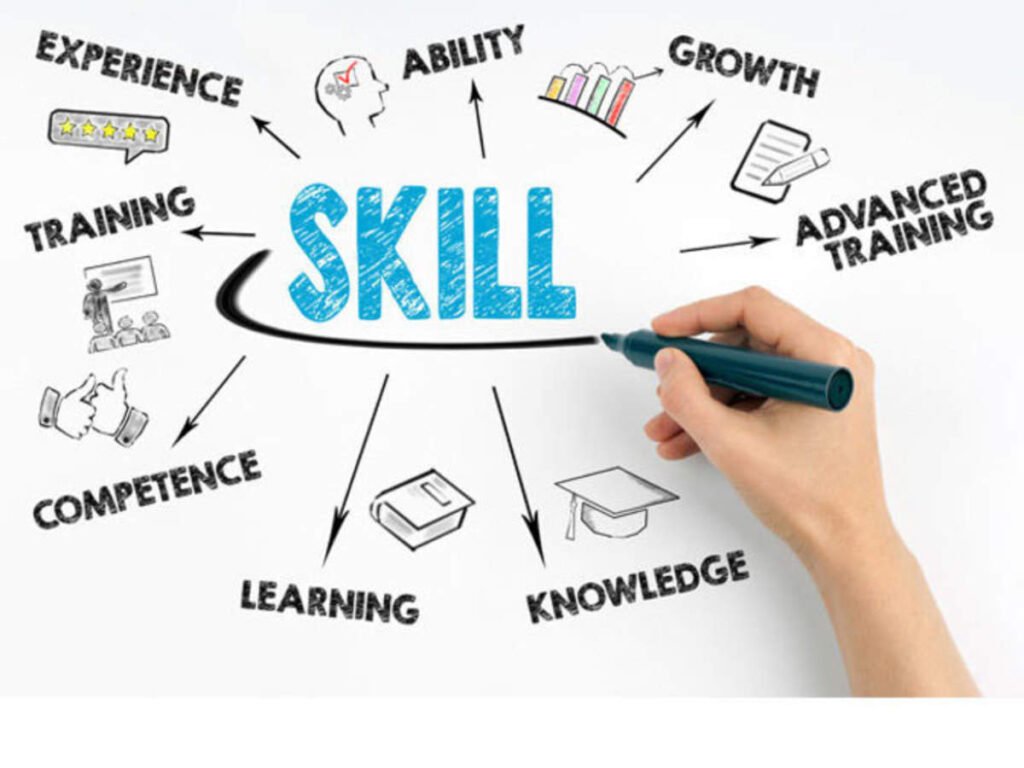
Leaders must understand and support their team’s skills to overcome obstacles and remain relevant. Recognizing areas of expertise and offering opportunities for retraining and upskilling helps maintain adaptability. Fostering a culture of learning and skill improvement helps staff stay flexible. In the modern workplace, leaders need strong skills like critical thinking, problem-solving, communication, teamwork, and adaptability to navigate obstacles and capitalize on opportunities.
Critical Thinking
Critical thinking is crucial for leaders to analyze complex problems, make informed decisions, and challenge the status quo, enabling them to navigate complexity with clarity, question assumptions, and envision new possibilities.
Problem-Solving
Leaders with strong problem-solving skills can identify, gather, generate creative solutions, and implement strategies, inspiring confidence, fostering resilience, and transforming challenges into opportunities for growth and improvement.
Communication
Effective communication is crucial for leadership, especially in remote and virtual teams. Leaders must master both verbal and written communication, tailoring messages to diverse audiences and leveraging various channels to foster transparency, trust, and engagement.
Collaboration
Collaboration is crucial for success in the modern work environment. Leaders who excel in it foster an inclusive environment, empowering team members to contribute ideas and expertise, promoting innovation and collective success.
3. Tool Set
In today’s rapidly evolving work environment, leaders must equip their teams with the right tools and technologies. This includes adopting design thinking methodologies, utilizing project management software, and embracing emerging technologies. Leaders must be adept at utilizing technology, data, analytics, and artificial intelligence to navigate the complexities of the modern workplace and drive success.
Technology
Leaders must embrace technology to facilitate seamless communication and collaboration, fostering collaboration across teams, breaking geographical barriers, and promoting engagement, innovation, and teamwork, thereby enhancing productivity and efficiency.
Data
Leaders must understand the importance of data in making informed decisions. By collecting, analyzing, and interpreting data, they can gain insights into customer behavior, market trends, and organizational performance, enabling them to make data-driven decisions.
Analytics
Leaders must develop proficiency in analytics to identify trends and patterns within vast datasets. This enables them to anticipate market shifts, identify opportunities, and respond proactively, driving organizational growth and agility.
Artificial Intelligence
AI is revolutionizing the work environment, enabling leaders to automate tasks, streamline operations, and enhance decision-making. Tools like chatbots, predictive analytics, and machine learning can extract valuable insights from data, allowing leaders to focus on strategic initiatives and operational efficiency. A holistic approach to leadership, prioritizing mindset, skill set, and toolset, is crucial for success in the future of work. Leaders must guide their teams towards agility, innovation, and continuous growth, ensuring success in a rapidly evolving work environment.
Conclusion
Restructuring an organization requires a strategic approach, focusing on agile leadership, digital transformation, and cultural transformation, to navigate the complexities of the modern business world.
Registration Process
To Register for course in Target Agility of PSM I
The registration process for agility courses is simple and intuitive.
Click Here to Register for PSM I

